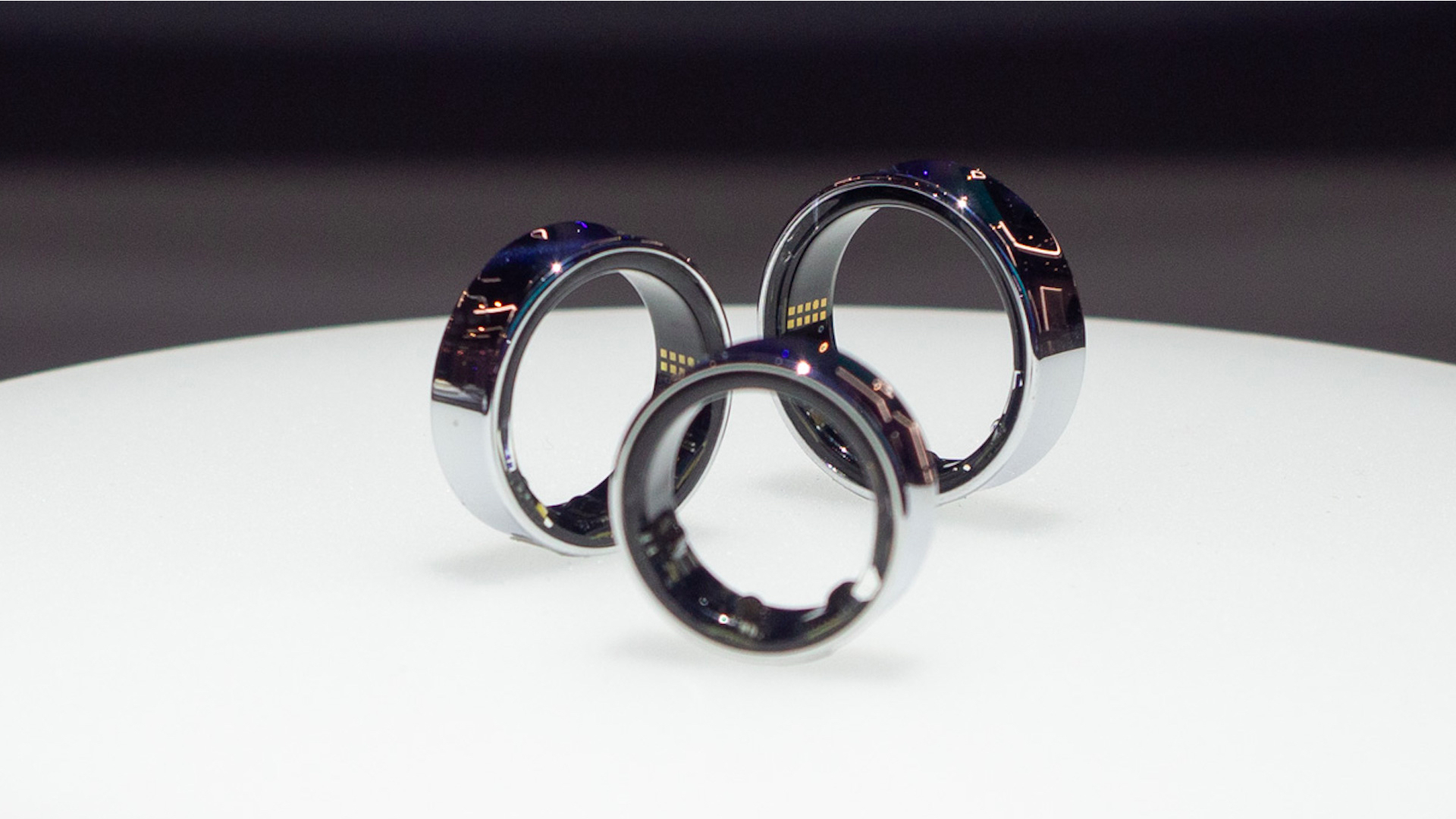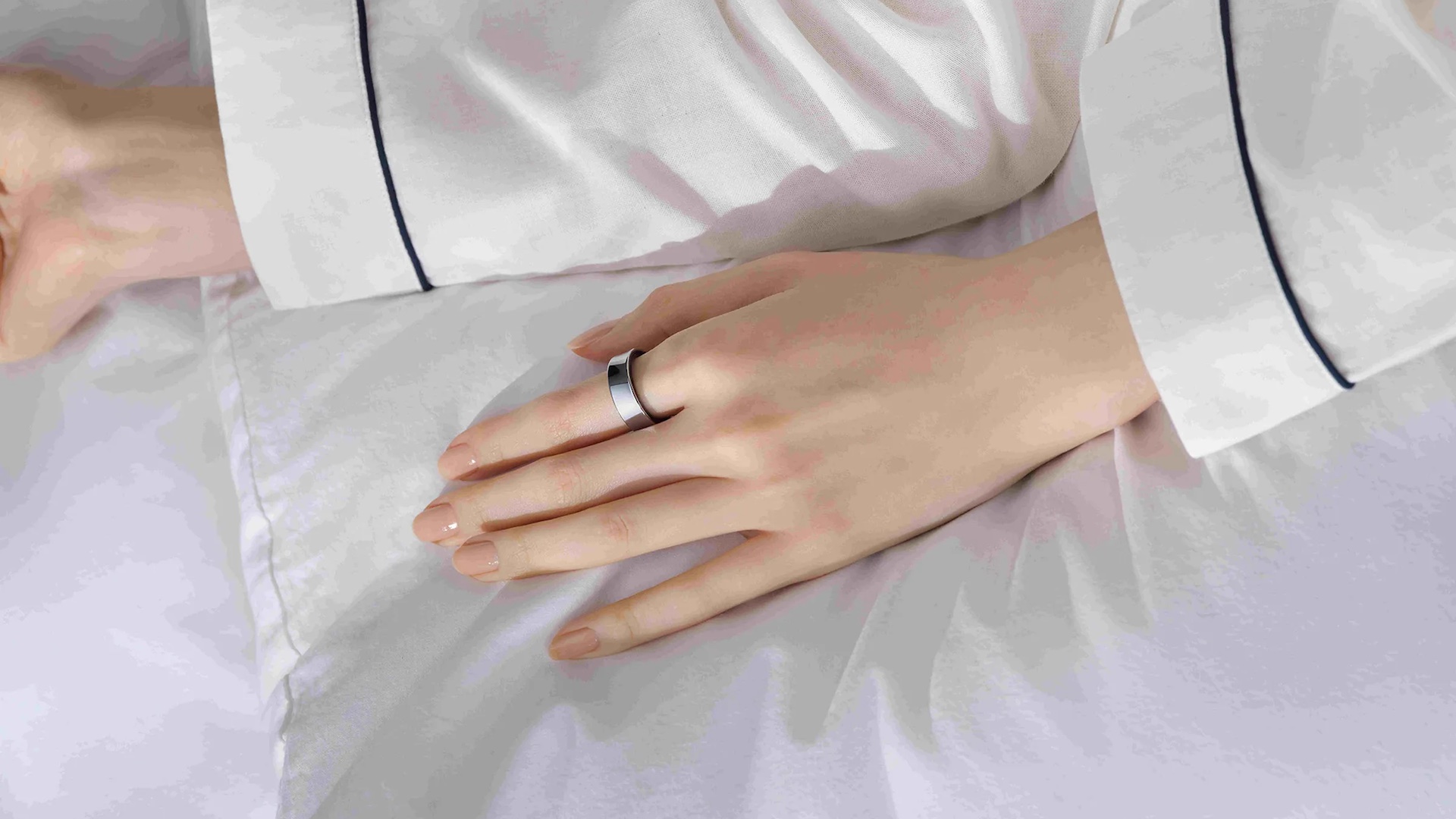New details reveal that Samsung Galaxy Ring is more concerned with sleep than activity
It’ll be particularly lightweight and available in nine sizes and three colors, but fitness tracking isn't high on the agenda

All the latest inspiration, tips and guides to help you plan your next Advnture!
You are now subscribed
Your newsletter sign-up was successful
Samsung has revealed more details about the hotly anticipated Galaxy Ring at Mobile World Congress (MWC) 2024, which kicked off on Monday in Barcelona, Spain. And although health tracking is a major part of its features, it sounds like the Galaxy Ring won’t be the mini-wearable for those looking for serious fitness tracking.
The smart ring was officially unveiled at Samsung’s Galaxy Unpacked last month with a video that looked classy and exciting, but was low on details about its features (that’s low as in, completely lacking).
Now the company has put various samples of the rings on display at MWC, and has finally started a drip-feed of info about what we can expect.
For a start the Galaxy Ring will be available in nine sizes, from 5 to 13 (weighing from an incredibly light 2.3g-2.9g / 0.08oz-0.10oz), and in three colors: ceramic black, gold and platinum silver.
Samsung said the Galaxy Ring will be for people who want the benefits of tracking their health stats without having to learn how to use a new device, because the data feeds to a mobile app automatically, without you having to do anything,
The data collected will be related more to sleep and general health than fitness and training. Crucially, the Samsung ring will not have workout auto-detection feature that the Oura Ring provides.
And while it is not intended to replace the Samsung Galaxy Watch series, using both at the same time could improve the data users receive.
All the latest inspiration, tips and guides to help you plan your next Advnture!

Hon Pak, vice president of Samsung Electronics, confirmed that the wearable’s three sensors will help to analyze a wearer’s sleep by monitoring heart rate, respiratory rate, sleep movement and sleep latency, or the time it takes you to fall asleep.
Samsung also announced two new features called My Vitality Score and Booster Card, which will be available for both the Galaxy Ring and its Galaxy watches (but will also require a Galaxy S24 series phone to work). My Vitality Score uses factors like sleep, activity and heart rate to illustrate your health, while Booster Cards advises you on improving your health based on the collected data. Both features will launch on the Samsung Health app later this year
So while the Galaxy Ring is looking promising in general, it’s not looking like it’s going to be replacing any watches when it comes to athletes keeping tabs on their training.
- The best running watches 2024: tech to help you train smarter
